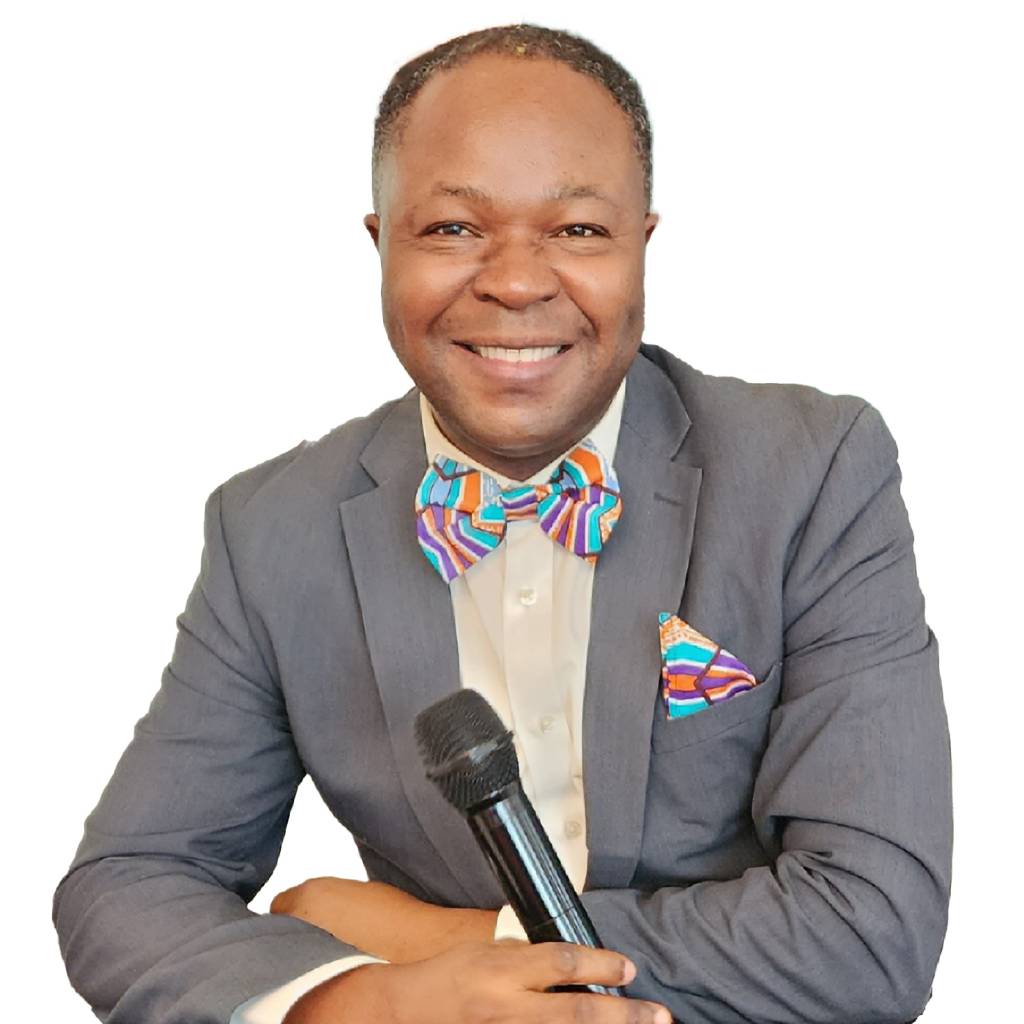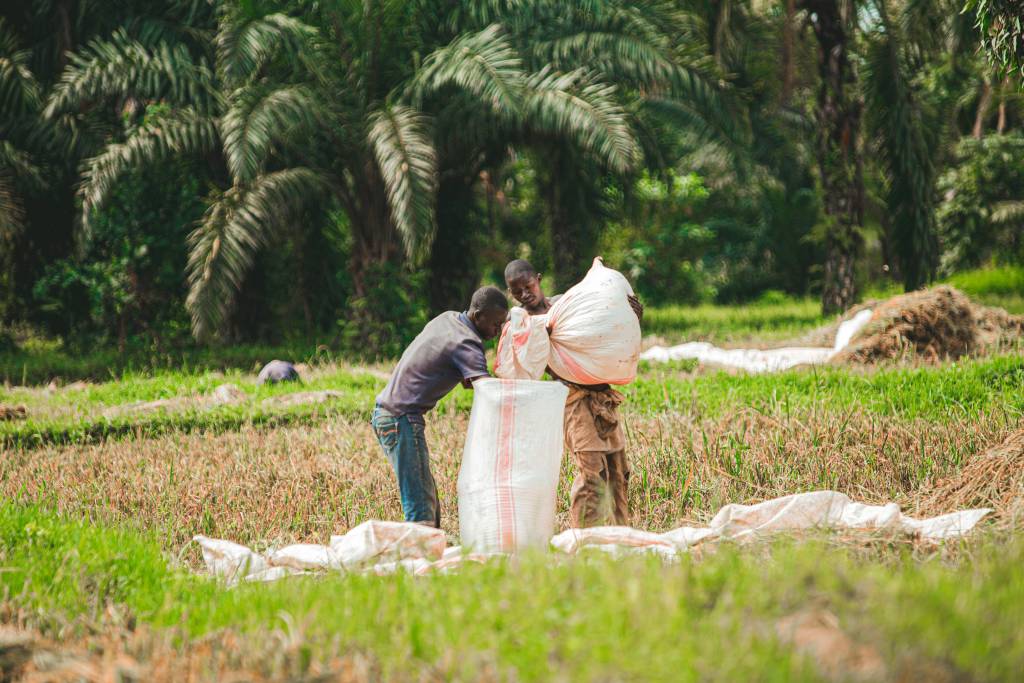A quem possa interessar,
O presente aviso destina-se a informar o público em geral, a Comunidade Económica dos Estados da África Ocidental (CEDEAO), as organizações doadoras e as organizações da sociedade civil em toda a região da África Ocidental e não só, que Komlan Messie já não está associado ao Fórum da Sociedade Civil da África Ocidental (FOSCAO).
Foi suspenso das suas funções de Secretário-Geral em 28 de abril de 2022, devido a sérias preocupações sobre a sua conduta e falta de cooperação com as investigações internas. Apesar da sua suspensão, Messie fez-se passar por representante da FOSCAO, participando em actividades não autorizadas e divulgando informações falsas sobre a reputada organização. O seu contrato foi rescindido em 31 de julho de 2022, devido a uma série de questões que levaram à sua suspensão, incluindo má conduta grave, abuso e desvio de poder, insubordinação e desrespeito flagrante pela carta da FOSCAO.

Actividades subversivas de Komlan Messie:
1. Assembleia não autorizada: Messie, enquanto estava suspenso, organizou uma Assembleia Geral fraudulenta do FOSCAO (Fórum dos Povos) na República do Benim, em 30 de junho de 2022, sem o conhecimento do Secretariado Regional do FOSCAO e sem a aprovação do Comité Executivo do FOSCAO, resultando na eleição ilegal de indivíduos que se diziam novos membros do Comité Executivo.
2. Roubo de bens da organização: Durante a sua saída do Secretariado da FOSCAO na Nigéria, o Sr. Messie apoderou-se ilegalmente de numerosos bens do Secretariado, incluindo informações administrativas e financeiras essenciais, bem como de um computador portátil oficial do Secretário-Geral.
3. Sequestro de canais de comunicação: O Sr. Messie sequestrou as plataformas em linha do Secretariado da FOSCAO, incluindo contas nas redes sociais e o sítio Web principal, utilizando-as para difundir falsas narrativas e ataques maliciosos contra a organização, o pessoal do Secretariado Regional e os membros legítimos do Comité Executivo.
4. Deturpação: O Sr. Messie continua a apresentar-se erradamente como Diretor Executivo da FOSCAO, um cargo que não existe na Carta da FOSCAO, enviando comunicações e documentos não autorizados a parceiros e partes interessadas, minando a integridade da nossa organização.
5. Acções não autorizadas junto da Nigerian Corporate Affairs Corporation (CAC): Komlan Messie, com a ajuda de um advogado, dirigiu-se à Nigerian Corporate Affairs Corporation (CAC) para se juntar a si e aos seus cúmplices como diretores do Fórum da Sociedade Civil da África Ocidental. Isto foi feito sem o conhecimento, consentimento ou aprovação do Comité Executivo ou do atual Conselho de Administração. As assinaturas dos actuais membros do Conselho de Administração foram falsificadas durante o processo. Notificámos formalmente o CAC sobre estas acções, mas o Sr. Messie recusou repetidamente os seus convites para esclarecer a situação. Está atualmente em curso uma investigação para identificar estas falsificações e casos de roubo de identidade, que são crimes graves puníveis ao abrigo da lei nigeriana.
6. Manipulação de instituições financeiras: Tentou congelar as contas bancárias da FOSCAO utilizando informações enganosas, o que causou perturbações significativas nas nossas operações financeiras. No entanto, o Secretariado da FOSCAO conseguiu entretanto recuperar o controlo de todas as contas anteriormente congeladas.
7. Manipulação e campanha de desinformação: Komlan manipulou certos membros das plataformas nacionais da FOSCAO e de outras organizações da sociedade civil através de informações falsas que o apresentam como vítima do autoritarismo e dos abusos dos membros do Comité Executivo da FOSCAO, o que não é de todo o caso.
8. Assédio jurídico: O Sr. Messie intentou múltiplas acções judiciais contra membros do Comité Executivo da FOSCAO, várias autoridades e até agentes da polícia nigeriana, incluindo um processo que envolveu um juiz do Supremo Tribunal de Abuja, tudo numa tentativa de minar a liderança e a integridade operacional da organização. Temos o prazer de anunciar que estes casos foram decididos a favor dos membros do Comité Executivo da FOSCAO.
Dadas estas sérias preocupações, aconselhamos vivamente todos os parceiros, partes interessadas e o público em geral a cessarem todas as comunicações ou contactos com o Sr. Komlan Messie. Quaisquer transacções ou acordos com ele em nome da FOSCAO não são autorizados e são da responsabilidade de cada um.
A FOSCAO está ativamente a intentar acções judiciais para remediar estas violações e recuperar todos os bens desviados. Asseguramos-lhe que estamos empenhados em manter os mais elevados padrões de responsabilidade e transparência na nossa organização.
Para comunicações oficiais, visite o Secretariado Regional da FOSCAO situado em No. 8, Jaba Close, off Dunukofia Street, by FCDA, Area 11 Garki, Abuja Nigéria ou contacte-nos através dos seguintes e-mails
– info@wacsofoscao.org
– communications@wacsofoscao.org
– contactwacsof@gmail.com
Agradecemos a vossa compreensão e apoio na preservação da integridade da WACSOF.
Clique na hiperligação abaixo para obter todos os documentos que apoiam as declarações acima referidas






